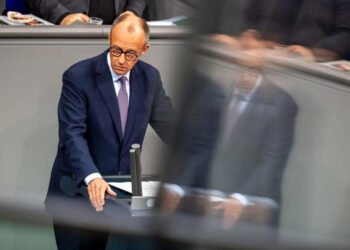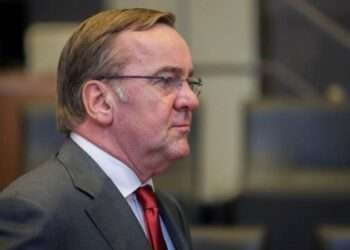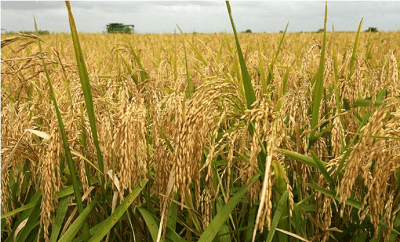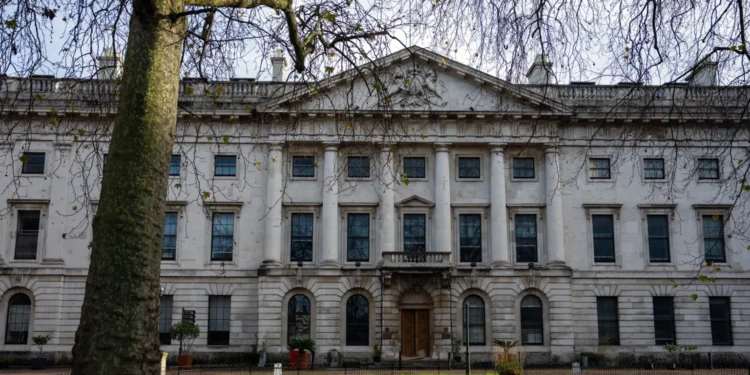The date for the upcoming presidential election in Russia has been disclosed.
Russia’s upper house of parliament voted on Thursday, December 7, 2023, to set the date for the country’s next presidential election for March 17, 2024.
Members of the Federation Council of the Federal Assembly voted unanimously to approve a decree setting the date.
“With this decision, we are effectively launching the start of the election campaign,” said Valentina Matviyenko, head of the chamber.
She added that for the first time, residents of the parts of Donetsk, Luhansk, Zaporizhia and Kherson regions of Ukraine annexed by Russia would take part in the vote.
“By choosing a head of state together, we fully share the common responsibility and common destiny of our fatherland,” Matviyenko said.
Russian President, Vladimir Putin has not yet announced his intention to run again, but he is widely expected to do so in the coming days now that the date has been set.

Under constitutional reforms he orchestrated in 2020, he is eligible to seek two more six-year terms after his current one expires next year.
Having established tight control over Russia’s political system, Putin’s victory is assured if he runs, earning him a fifth term in office.
Prominent critics who could challenge him on the ballot are either in prison or living abroad, and most independent media have been banned.
Russia’s most famous opposition politician, Alexei Navalny, is in jail so cannot run for President.
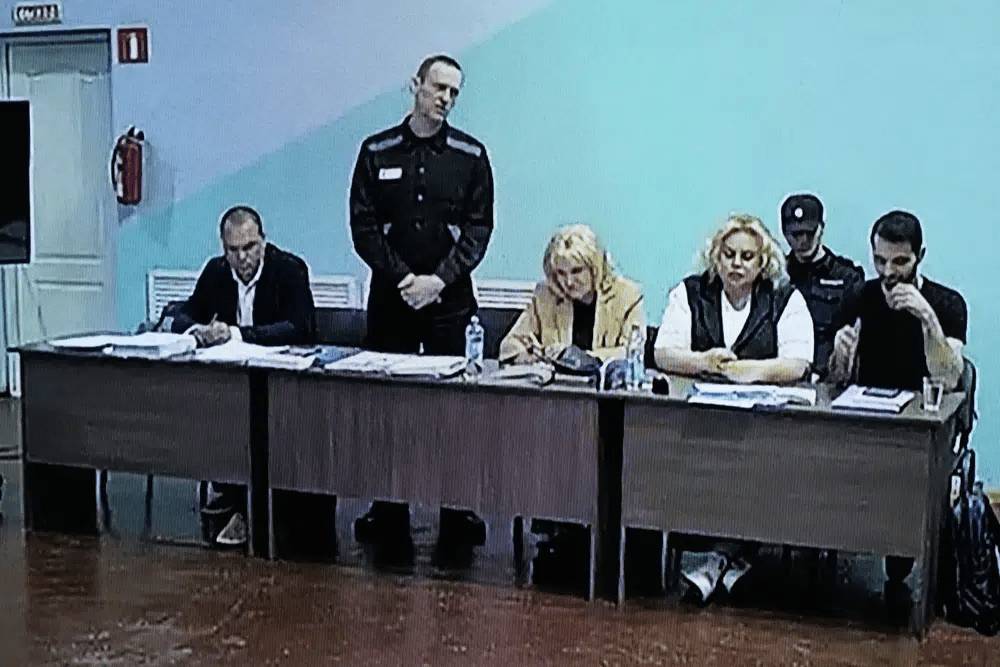
Navalny has castigated Putin’s Russia as a state run by thieves and criminals.
He has warned the leaders of Russia will ultimately be crushed by the forces of history and burn in hell for creating a bloodbath in Ukraine.
Russian nationalist Igor Girkin, who is in custody awaiting trial for inciting extremism, said in November that he wanted to run for President even though he understood the March election would be a “sham” with the winner already clear.
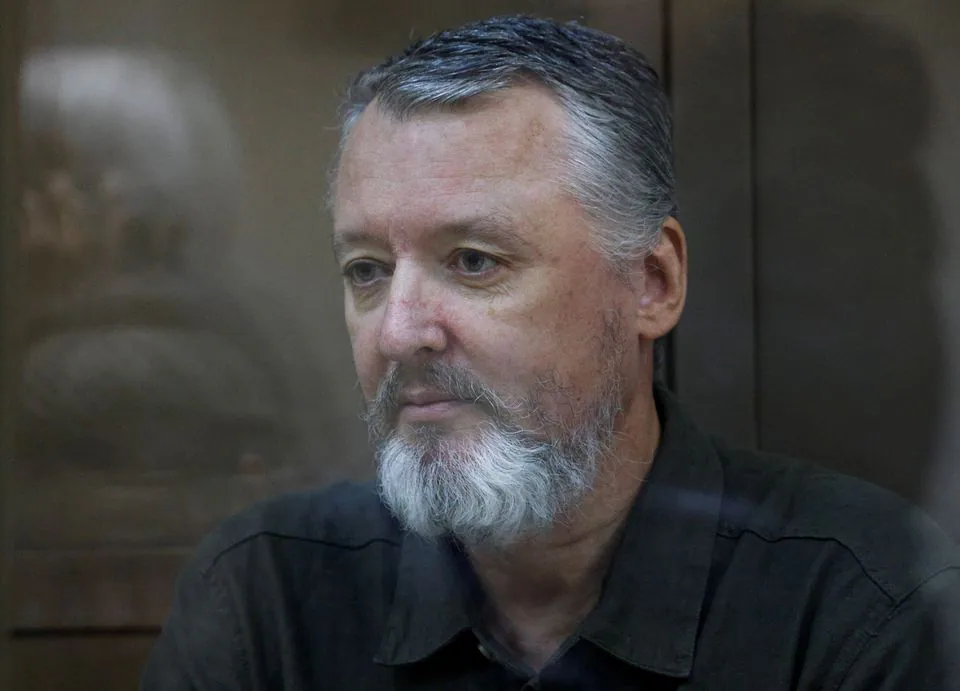
Uphill Battle For Aspirants Other Than Putin
Two people have announced plans to run for the post of President.
They are former lawmaker Boris Nadezhdin, who holds a seat on a municipal council in the Moscow region, and Yekaterina Duntsova, a journalist and lawyer from the Tver region north of Moscow, who was once a member of a local legislature.
For both, getting on the ballot could be a tough challenge.
Unless one of five political parties that have seats in the State Duma, Russia’s lower house, nominates them as their candidate, they would have to gather tens of thousands of signatures across multiple regions.
According to Russian election laws, candidates put forward by a party that is not represented in the State Duma or at least a third of regional legislatures have to submit at least 100,000 signatures from 40 or more regions.
Those running independently of any party would need a minimum of 300,000 signatures from 40 regions or more.
Those requirements apply to Putin as well, who has used different tactics over the years. In 2012, the Kremlin’s United Russia party nominated him.
He ran as an independent in 2018 and his campaign gathered signatures.
Russia’s central election commission is to hold a meeting on the presidential campaign on Friday.
READ ALSO: Borrell Urges EU To Back Guterres’ Call For Ceasefire




